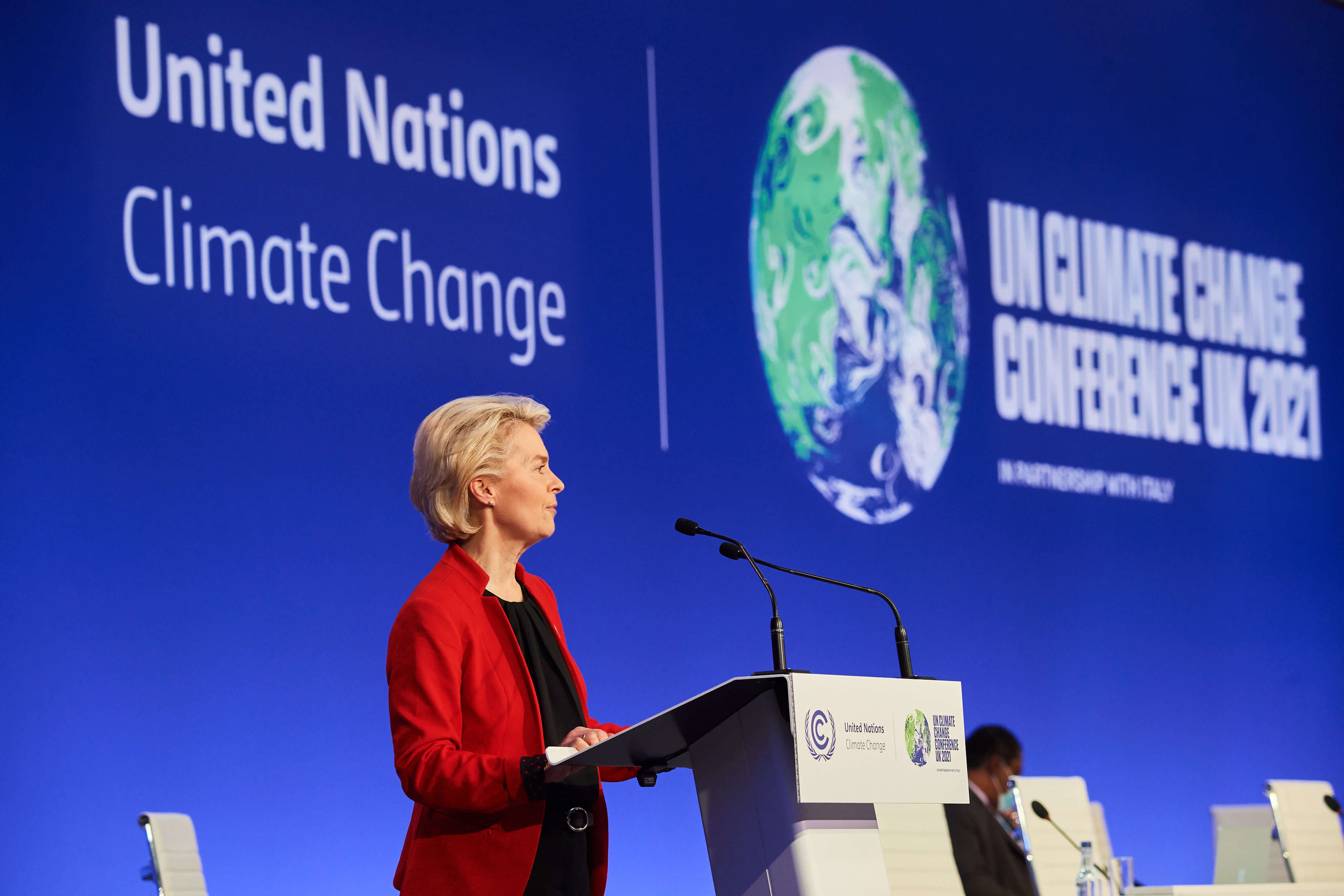The European Union is expecting a lot, even an economic milestone, from the new energy strategy that it will announce at the end of February.
Within 100 days of taking office, the new European Commission will present the Clean Industrial Deal, a multi-year plan to strengthen the green transition but also to make the EU more competitive and its internal energy market better connected.
Drafts of the plan, which is still under development, indicate that the EU wants to remain a global frontrunner in the fight against climate change. The main directions of its European Green Deal, which has placed the EU at the forefront of the global movement for climate action, remain one of the foundations of the future energy strategy.
They will be upgraded by plans for a more efficient interconnection of EU member states' energy systems and a system of incentives for sustainable energy sources and social aspects of the transition.
The energy crisis that accompanied the Russian invasion of Ukraine and the EU's course to free itself from dependence on Russian energy sources have led to an increase in costs for industry and households.
Double pressure
These factors turned out to be more important to EU policy planners than even the green transition goals. This makes it challenging for the new strategy to meet both goals—keeping the economy going at lower costs while continuing to decarbonise and move towards the goals of reducing greenhouse gas emissions.
The strategy comes at a time when the deadlines for achieving the set green goals—reducing greenhouse gas emissions by at least 55% by 2030 or reducing them by 90% by 2040—are getting shorter.
The first objective of the new Clean Industrial Deal is to increase the global competitiveness of European industry
However, the decline in European competitiveness and innovation on the global market is exerting even greater pressure.
The first objective of the new Clean Industrial Deal is to increase the global competitiveness of European industry, particularly in comparison to the US and Chinese economies. The industrial sector accounts for up to 80% of total European exports and is the cornerstone of its economy, but due to the energy crisis, its own nonconformance, and major internal bureaucratic obstacles, it is lagging behind increasingly competitive economies worldwide.
Reduce the cost of energy
In this context, Mario Draghi's EU Competitiveness Report produced worrying results for the EU, including the fact that the EU needs to invest an additional EUR 800 billion a year to catch up with the USA and China.
The President of the European Commission, Ursula von der Leyen, is convinced that the most important "cure" for increasing competitiveness lies in lowering energy prices and ensuring their stable supply.
“Not only must we continue to diversify our energy supplies and expand clean sources of generation, but we must also mobilise more private capital to modernise our electricity grids and storage infrastructure,” said Von der Leyen at the World Economic Forum in Davos this week.
The barrier-free flow of energy between EU member states is included as an important factor in the Clean Industry Deal, as the Commission estimates that a fully integrated electricity grid can save up to EUR 40 billion per year.
 We will offer to innovative companies to operate all across our Union under one single set of rules - Ursula von der Leyen
We will offer to innovative companies to operate all across our Union under one single set of rules - Ursula von der Leyen
The new strategy should also remove or at least reduce barriers to doing business. These have proved decisive for the strong migration of entrepreneurs and start-ups from the EU to other, more favourable markets.
In her inaugural speech last November, Ursula von der Leyen said that a Californian start-up can grow and raise money throughout the US, but that the same start-up in Europe has to deal with 27 national bureaucracies. She repeated the same thing in Davos last Tuesday, but as part of a strategy to remove these obstacles.
“Today, the European Single Market still has too many national barriers. Sometimes companies are dealing with 27 national legislations. We will offer instead to innovative companies to operate all across our Union under one single set of rules. We call it the 28th regime,” said Von der Leyen.
Financial risks
The success of the future Clean Industry Deal will largely depend on the EU's ability to offer financial incentives for the ambitious targets it has set itself.
Many key points of the future strategy will depend directly on financial incentives, subsidies, and public investment.
Many European companies expect to benefit from the financial boost that must accompany the implementation of the new industrial strategy
For instance, subsidising supply chains in sectors where the EU could gain a competitive advantage in the global market, as well as incentivising the workforce to acquire new industrial and digital skills.
Many European companies expect to benefit from the financial boost that must accompany the implementation of the new industrial strategy. However, it is uncertain to what extent their hopes will be realised, given the traditionally difficult negotiations over the EU budget and the differences in national economic and financial priorities among the bloc members.